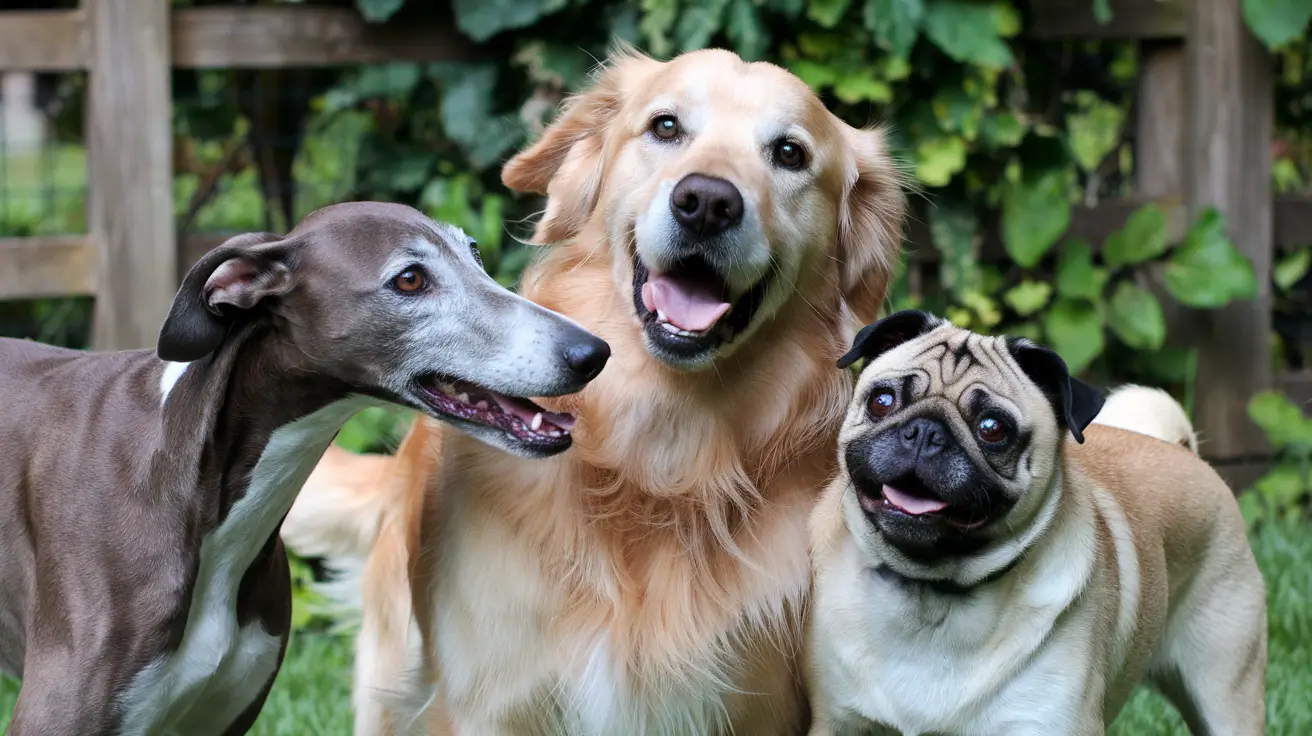Defining Canine Intelligence
Dog intelligence is a multifaceted concept that extends beyond simple obedience or the ability to learn new tricks. It involves a combination of problem-solving skills, trainability, and independent thinking. While many dogs are celebrated for their loyalty and companionship, certain breeds exhibit remarkable cognitive abilities. These intelligent dogs can quickly understand new cues and demonstrate their cleverness in various ways. However, their intelligence can sometimes be challenging for first-time dog owners, as these dogs may use their smarts to creatively solve problems, such as finding ways to access hidden snacks or unlocking gates.
The Role of Breed in Intelligence
The intelligence of a dog is often linked to its breed, as many breeds have been historically developed for tasks that require high cognitive abilities. Breeds that were originally bred for herding, hunting, or protection tend to exhibit these intelligent traits. The specific tasks these breeds were developed for have shaped their problem-solving skills and trainability, making them adept at performing complex roles alongside humans.
Herding Breeds: Masters of Problem-Solving
Among herding breeds, the Border Collie stands out for its agility, obedience, and exceptional problem-solving capabilities. Known as the smartest dog breed, Border Collies thrive when they have a job to do, thanks to their boundless energy and quick learning abilities. Similarly, Australian Cattle Dogs display a strong desire to please and learn new cues rapidly, making them ideal companions for active families. Shetland Sheepdogs, or Shelties, are quick learners that excel in herding, agility, and obedience, best suited for families who enjoy outdoor activities. Collies are not only trainable but also require mental stimulation to keep them engaged. Belgian Tervuren and Briards, both part of the herding group, need physical and mental challenges to stay happy, with the latter being a family-friendly companion that thrives in active environments.
Sporting Breeds: Intelligence in Action
Sporting breeds such as Poodles and Golden Retrievers showcase their intelligence through their historical roles and modern versatility. Poodles, originally bred as hunting dogs, are easy to train and excel in agility competitions. Golden Retrievers, known for their gentle nature, are versatile in tasks ranging from hunting and retrieving to service and therapy work. Labrador Retrievers, with their instinctual perceptiveness, are quick learners and make loyal family pets. English Springer Spaniels and German Shorthaired Pointers are also intelligent sporting dogs, known for their trainable and friendly nature, excelling in hunting and retrieving tasks.
Working Breeds: Intelligence and Versatility
Working breeds like the German Shepherd and Doberman Pinscher are renowned for their intelligence and adaptability in demanding roles. German Shepherds excel in police and military work due to their ability to evaluate situations and make decisions. Doberman Pinschers are highly perceptive and require both mental and physical exercise to thrive. Rottweilers are loyal and intelligent, making them suitable for active families, while Miniature Schnauzers, with their playful nature, need mental stimulation to stay happy.
Companion Breeds: Small but Smart
Companion breeds such as Papillons and Schipperkes demonstrate that intelligence is not limited by size. Papillons, with their quick learning and agility, are confident and energetic family pets. Schipperkes, originally bred to work, are independent and thrive with plenty of exercise and mental stimulation.
Unique Talents: Scent and Tracking
Bloodhounds are exceptional in their scent-tracking abilities, having been used for centuries to track animals and humans. Their keen sense of smell makes them invaluable in search and rescue missions, while their loyal nature makes them excellent family companions.
Conclusion: Choosing the Right Intelligent Breed for Your Family
Selecting the right intelligent breed involves considering the dog's cognitive abilities and matching them with the owner's lifestyle and activity level. Understanding the unique strengths and needs of each breed ensures a fulfilling relationship for both the dog and the owner. Whether you prefer the problem-solving skills of a Border Collie or the versatile intelligence of a Golden Retriever, providing the right environment and training can help your dog reach its full potential as a smart and loving companion.






